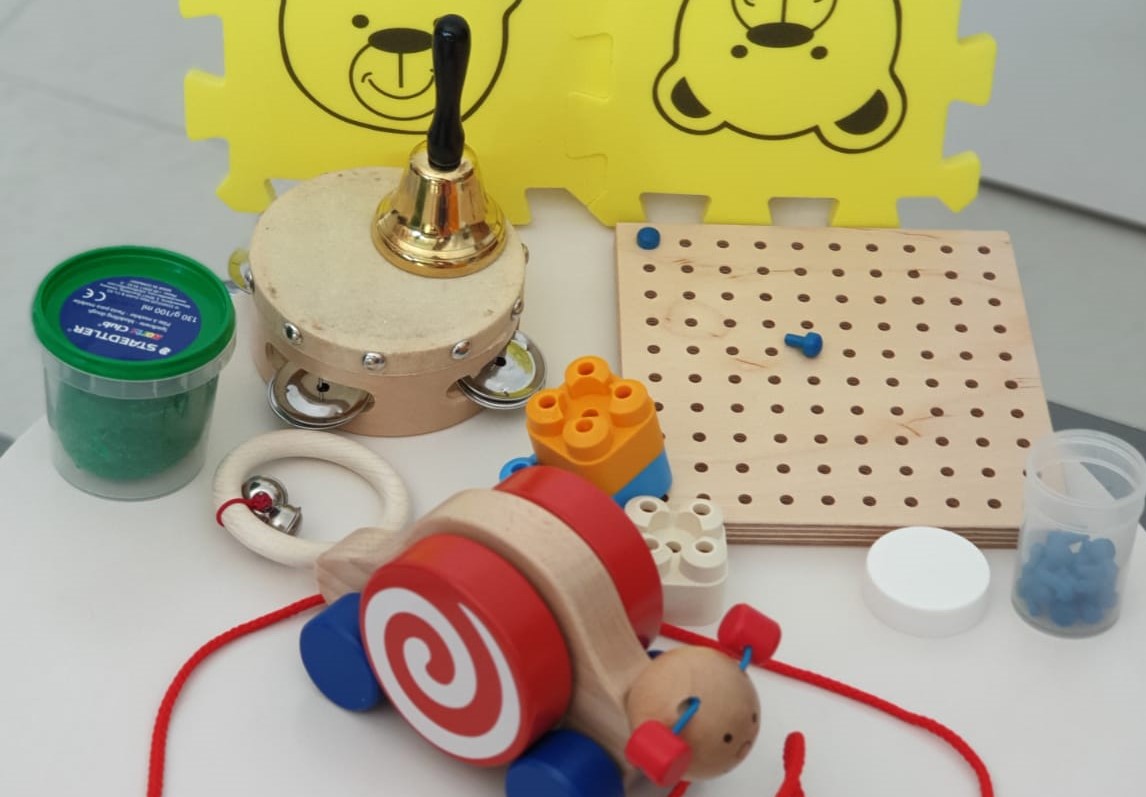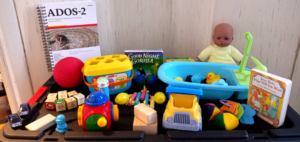Here we are: finally at home, after months in hospital we’ve been released !! But, wait a moment.. we got a bunch of appointments !! And what’s this “global functional assessment” we have to take at 6 months ? Help !!!
Well yes, dear parent: welcome to the Follow Up service !!
A preterm or pathologic birth demands a series of medical and neuropsychological checks to evaluate newborn’s health status in the beginning, and child’s one in a second moment, supporting you, parents, in the building of the most beautiful journey with your sons and daughters: the early infancy.
During this path you will not be alone to face the adversities: a medical team and other professionals will be always at your side, ready to help you if needed, or just only to take stock of the situation regarding your child’s development and to listen to your questions, worries or thoughts.
During this path you will not be alone to face the adversities: a medical team and other professionals will be always at your side, ready to help you if needed, or just only to take stock of the situation regarding your child’s development and to listen to your questions, worries or thoughts. Inside all of this, there are the so called Global Functional Assessments. And what these would be? It is an evaluation of development’s level achieved by your child. But what does it mean? Preterm child, completing last development’s stage outside the protective mother’s womb, is exposed after birth to a sensorial overstimulation that unavoidably stresses him a lot. The little newborn has to win many battles, not least growing healthy and strong like other babies: mommy and daddy, and also all doctors naturally, take care of this !! But sometimes, development’s checkpoints are reached a bit later than children born at term.. and this is cause for anxiety and worries for parents !! It is difficult avoiding comparisons, but it’s important to understand how these comparisons are futile in this field: a preterm baby’s development isn’t harmonic according to its own nature and he needs much time to set himself. Time, love and steadiness are the three basic traits which should never lack in a preterm newborn’s family.
The Global Functional Assessment is needed just to take stock of the situation and answers to questions: is everything alright ? Could we do something else for our child ? Should we contact a specialist ? Should we register him for kindergarten ? It tells us what stage that particular child has achieved, considering his age, about every area concerning the cognition and psychomotor development:
– learning base
- learning base
- language and social skills
- ocular-manual coordination
- personal and social area
- gross-motor area
If your child finds more difficultiers in a specific area, making the Global Functional Assessment helps you, parent, to understand how supporting him and it helps doctors projecting in the best possible way the habilitation plan for that function. Without that “touchpoint” you could miss some difficulties which could become more evident during growth and would require more time to be checked than being corrected with timely measure.
But pay attention !! Development’s level doesn’t measure your child’s intelligence ! It is a easurement of skills mastered by that particular child in that particular moment of his life. It is a picture of that istant and not of other. It is very important for parents to understand the difference between a psychomotor retardation ( an immaturity) and a cognitive one: the first is functional, it could be recovered through time and aimed habilitation operations; it is highly important acting in the earliest moments possible just to diminish more and more the gap between the development of a function in comparison to other ones. Preterm babies often have immaturities regarding some cognitive functions that, if opportunely enabled, re-align with the skills of a born at term baby.
Thanks to EUBRAIN, we can perform the Global Functional Assessment inside the Neonatal Pathology Ward’s Follow Up using a last generation test, the development’s scale Griffiths III.
That scale differs a lot form its penultimate version: let’s check why !!
- for every age the same scales are checked and so the measurement is more accurate, repeatable time after time and more easily comparable in long period
- the evaluation is faster for every age (children are less stressed and cooperate better)
- many toys have been modified and many other have been added (like the magic quiet book) and children go crazy for them !!
- now yes we can tell our children:“let’s go to play with doctor” without lying badly!
Deborah Preiti, MD (neuropsychologist)





